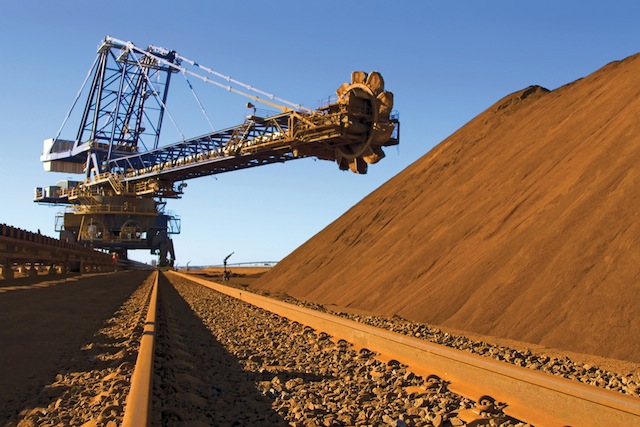The Prime Minister’s comments at the ADC China Forum last week raised an important question about Australia’s mining boom – can the industry sustain employment as the construction of mines, ports and railways are completed?
After her keynote speech at the event’s gala dinner the Prime Minister was interviewed by Busines Spectator’s KGB – Alan Kohler, Robert Gottliebsen and Stephen Bartholomeusz – about the country’s relations with China.
In that interview, the Prime Minister was upbeat about the continued employment bonanza from the resources boom.
I think overwhelmingly the prospects are good for resources. There is nothing to fear here. The absolute peak of the price cycle has probably passed, but we will still be doing good business in resources. It will be supporting jobs.
A few days earlier Fortescue Mining Group’s CEO, Nev Power, spoke to Alan Kohler on Inside Business.
Nev was a little more circumspect about the prospects for continued booming employment in the mining sector.
our capital expenditure program and expansion is coming to an end around mid-year. And then we’re into a very high volume phase and it’ll be a matter of driving the maximum efficiency out of the business through that phase.
So even if the iron price and export volumes do hold up, it looks like the resources employment boom may be reaching its end as mining projects move from the labour intensive construction phase to being relatively hands off production mines.
If Nev gets his way with ‘maximum inefficiencies there may be fewer jobs to go around.
The Prime Minister – along with all of Australia’s political leaders – remains hopeful, as she said in her speech.
So we are not, indeed we have never been, simply a quarry or a beach; ours is a diverse and sophisticated economy and a valued trading partner with the biggest global economies.
As the expansion phase of the mining boom tails off, that economic diversity is going to be tested. Hopefully there is a Plan B.

Leave a Reply